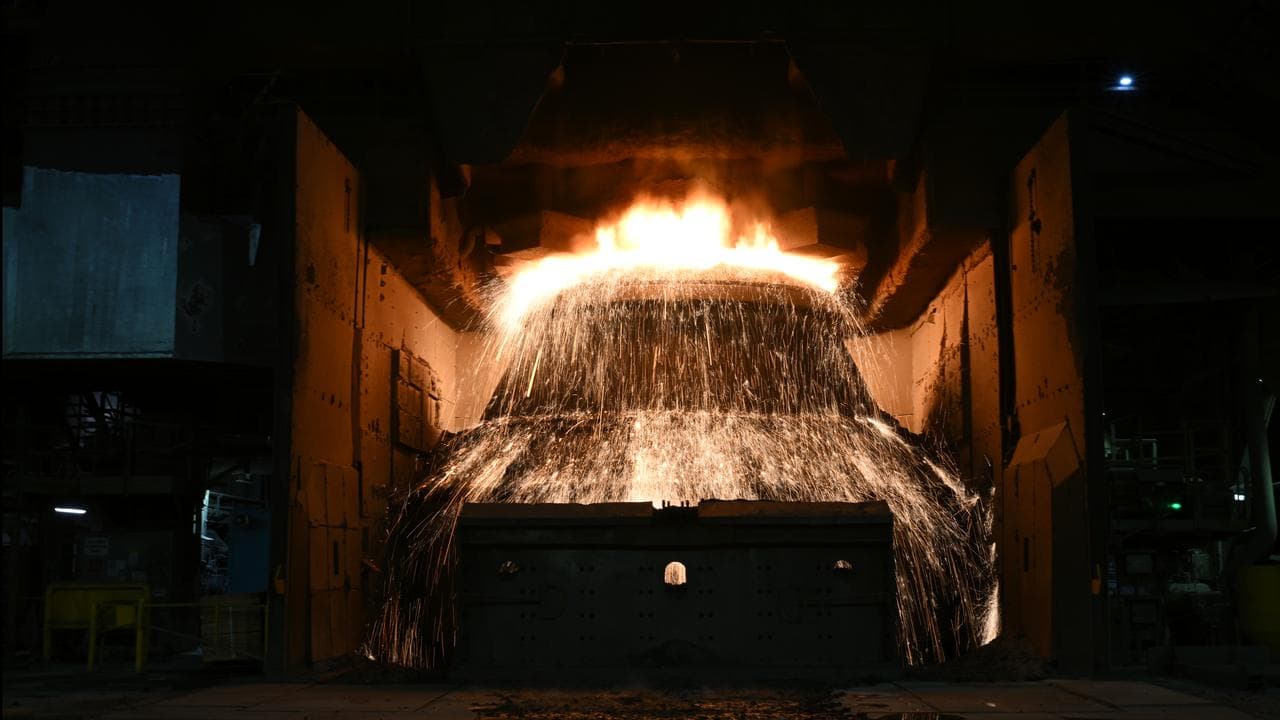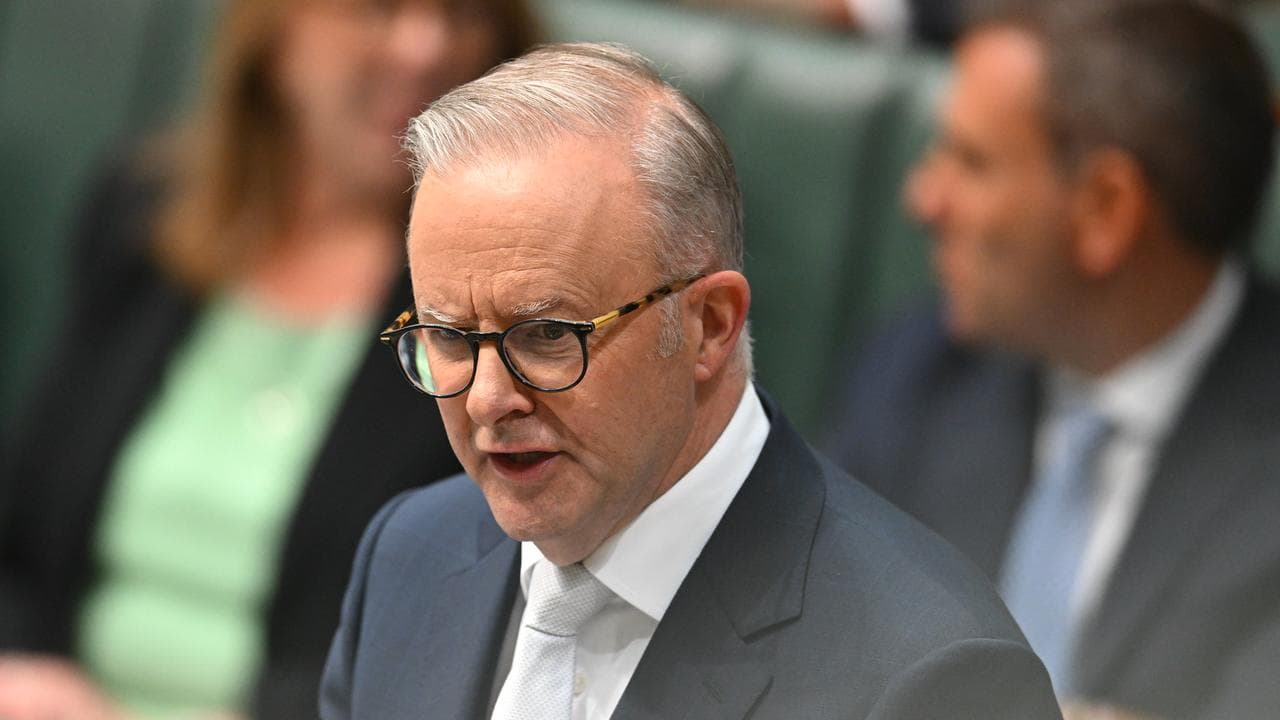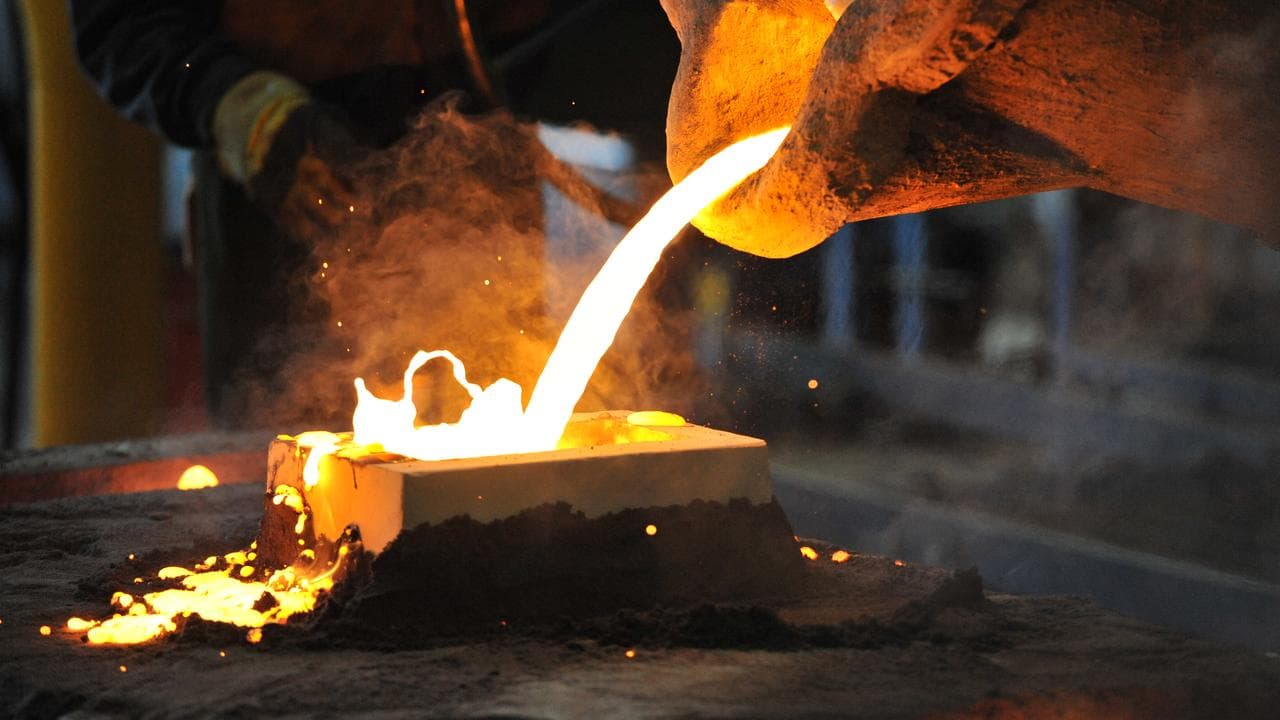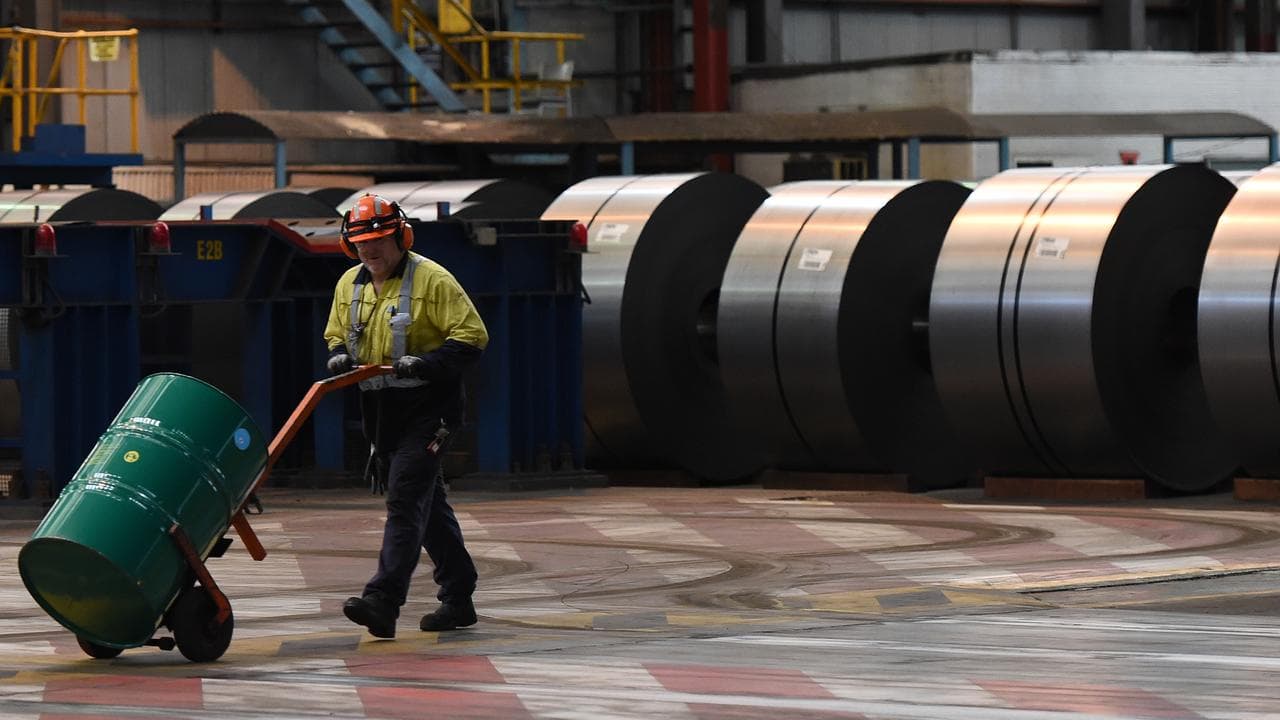
Prime Minister Anthony Albanese will tell US President Donald Trump that exempting Australian companies from tariffs is in America's national interest.
Speaking during Question Time, Mr Albanese said he would press for Australia's national interest in a phone call scheduled with his US counterpart.
His comments come as industry figures call on the government to immediately work to prevent Australian companies from facing the economic effects of Mr Trump's proposed 25 per cent impost on all steel and aluminium imports.
"We have raised, with the US administration in recent ministerial discussions, these issues," Mr Albanese told parliament.

Australian companies had significant investments in the US and contributed to thousands of jobs in both countries, making it in the interests of both nations to exempt Australia from the tariffs, Mr Albanese said.
"That is something that's very clear and it's also a fact that the US has had a trade surplus with Australia since the Truman presidency," he said.
"I have a discussion with President Trump scheduled, and I will certainly keep the House and the Australian people informed after that discussion."
It was still unclear on Monday whether Australian exporters would be included in the tariffs, given they were exempted under similar measures imposed by Mr Trump during his first term.

A tariff on Australian goods would be a "slap in the face" for domestic industry and the US-Australian alliance, said Australia Industry Group chief executive Innes Willox.
"It is now up to the federal government to quickly step in and protect Australian industry and producers from being caught up in a rapidly escalating global trade war," he said.
"Reversing these tariffs must be a national priority and the government must use all the leverage at its disposal to quickly turn this around."
Australian government ministers have been meeting with their incoming US counterparts, pushing the case for exemptions from potential tariffs.
Defence Minister Richard Marles has already met US Secretary of Defense Pete Hegseth, but Trade Minister Don Farrell has been unable to speak directly with his counterpart Howard Lutnick, as he has not yet been confirmed by the US Senate.
"Our bilateral economic relationship is mutually beneficial," Senator Farrell said.
"Australian steel and aluminium is creating thousands of good paying American jobs, and are key for our shared defence interests too."
Opposition trade spokesman Kevin Hogan said it was time-critical for the government to secure exemption from the tariffs, adding Australian ambassador to the US Kevin Rudd had a big job to do.

Pepperstone head of research Chris Weston said Australia's exposure to the US market was not huge, so the impact of tariffs would be relatively manageable.
Australian exports of iron and steel to the US valued $US237.5 million ($A378.9 million) in 2023, while aluminium exports valued $US316.9 million ($A505.5 million), according to the United Nations COMTRADE database.
For some Australian metals producers, like BlueScope Steel, the impact of the tariffs could even be beneficial.
"If you're a direct producer of steel and you're selling to the US market, obviously you're going to take a hit from this," Mr Weston said.
"But if you're buying steel in the market and using steel for your final products, there could be a short-term negative hit to the steel price that could benefit your business."
BlueScope shares had climbed by more than two per cent on the ASX by Monday afternoon.
In a statement, BlueScope said it would work with the Trump administration and the Australian government, noting the company had invested heavily in the US, boosting American employment.




